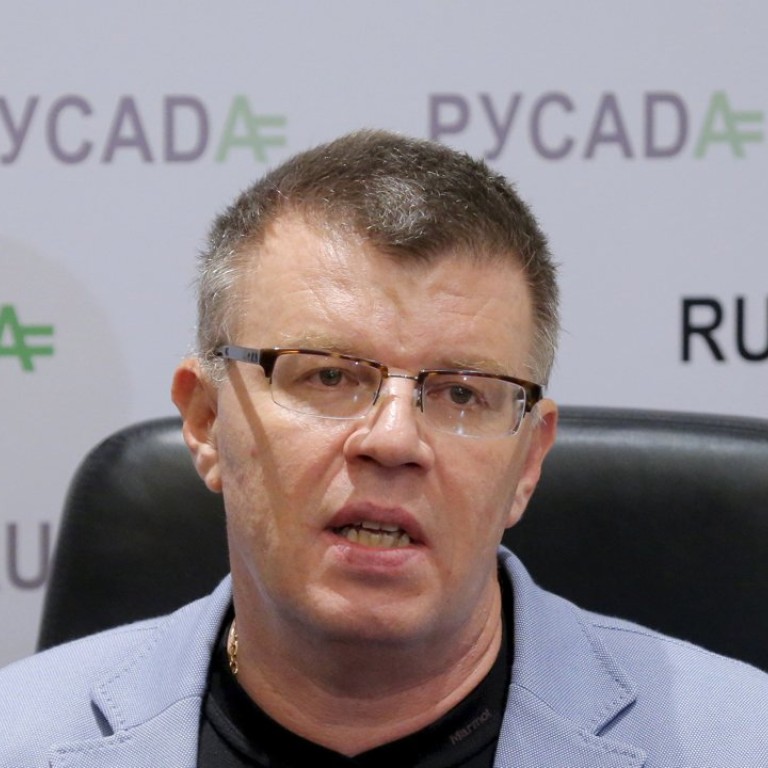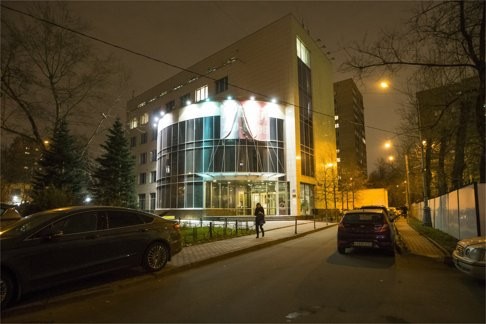
Late Russian anti-doping boss was set to expose truth over performance-enhancing drugs development
Nikita Kamayev quit as executive director of Russia’s Anti-Doping Agency two months ago, and died last weekend at the age of 52 of a suspected heart attack
Nikita Kamayev, former head of Russia’s Anti-Doping Agency, approached the Sunday Times before his death offering to expose the country’s secret development of performance-enhancing drugs, the newspaper has reported.
I have the information and facts that have never been published
Ten weeks before he passed away, Kamayev said he wanted to write a book that would reveal the complete extent of doping in Russia, the Sunday Times said in a front-page article.

“I have the information and facts that have never been published.”
READ MORE: I knew nothing about corruption in athletics, insists Sebastian Coe
Russia was suspended from international athletics in November after a special commission of the World Anti-Doping Agency (Wada) exposed widespread state-sponsored cheating and corruption.
Kamayev, who quit as executive director of Russia’s Anti-Doping Agency (Rusada) two months ago, died last weekend at the age of 52.
A Taas news agency report said it appeared his death was caused by a heart attack.
Kamayev stood down from his position, along with the rest of the senior Rusada management, in mid-December as Russia began working on lifting the suspension in time for its athletes to compete at the Rio de Janeiro Olympics in August.

